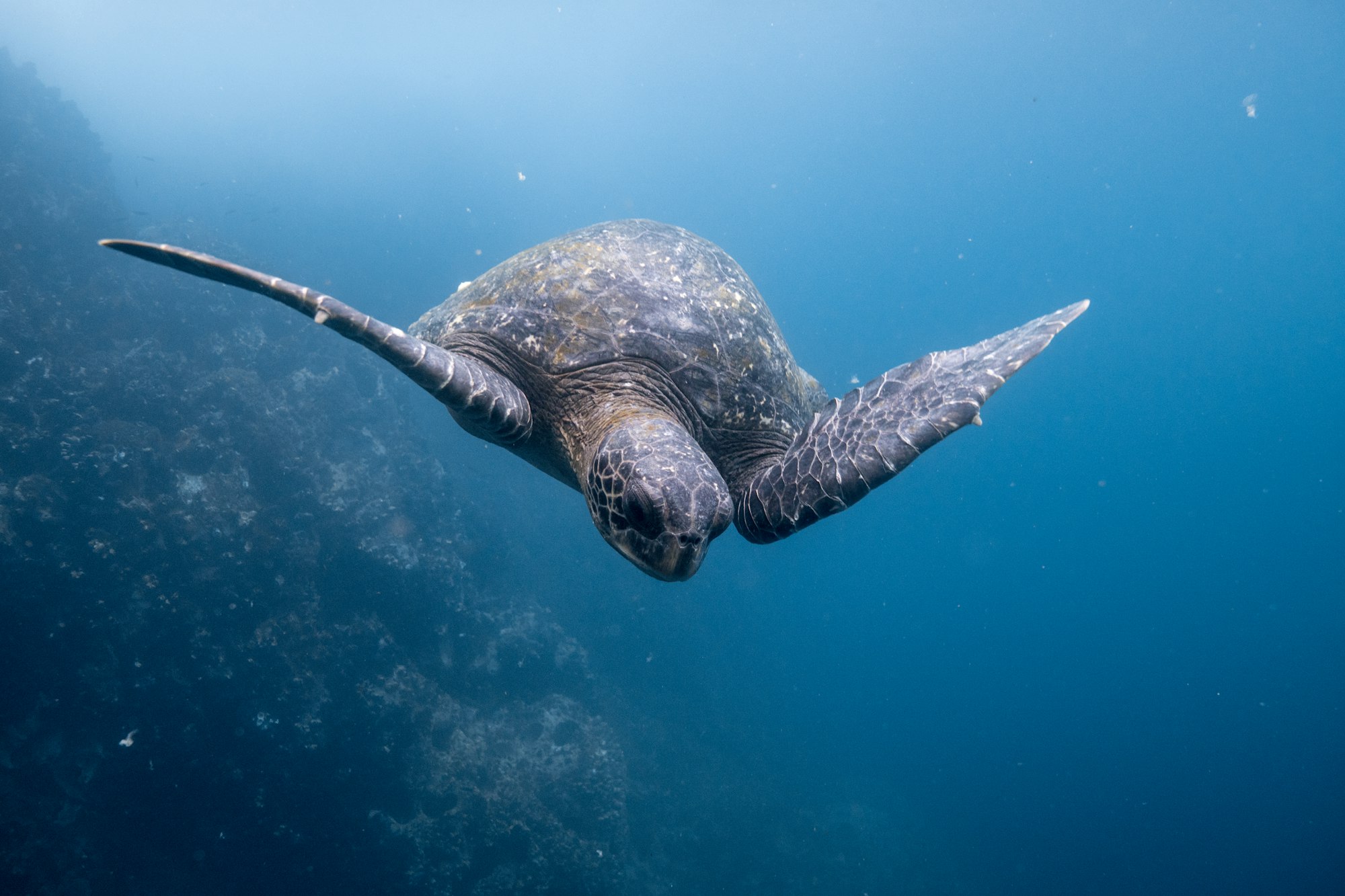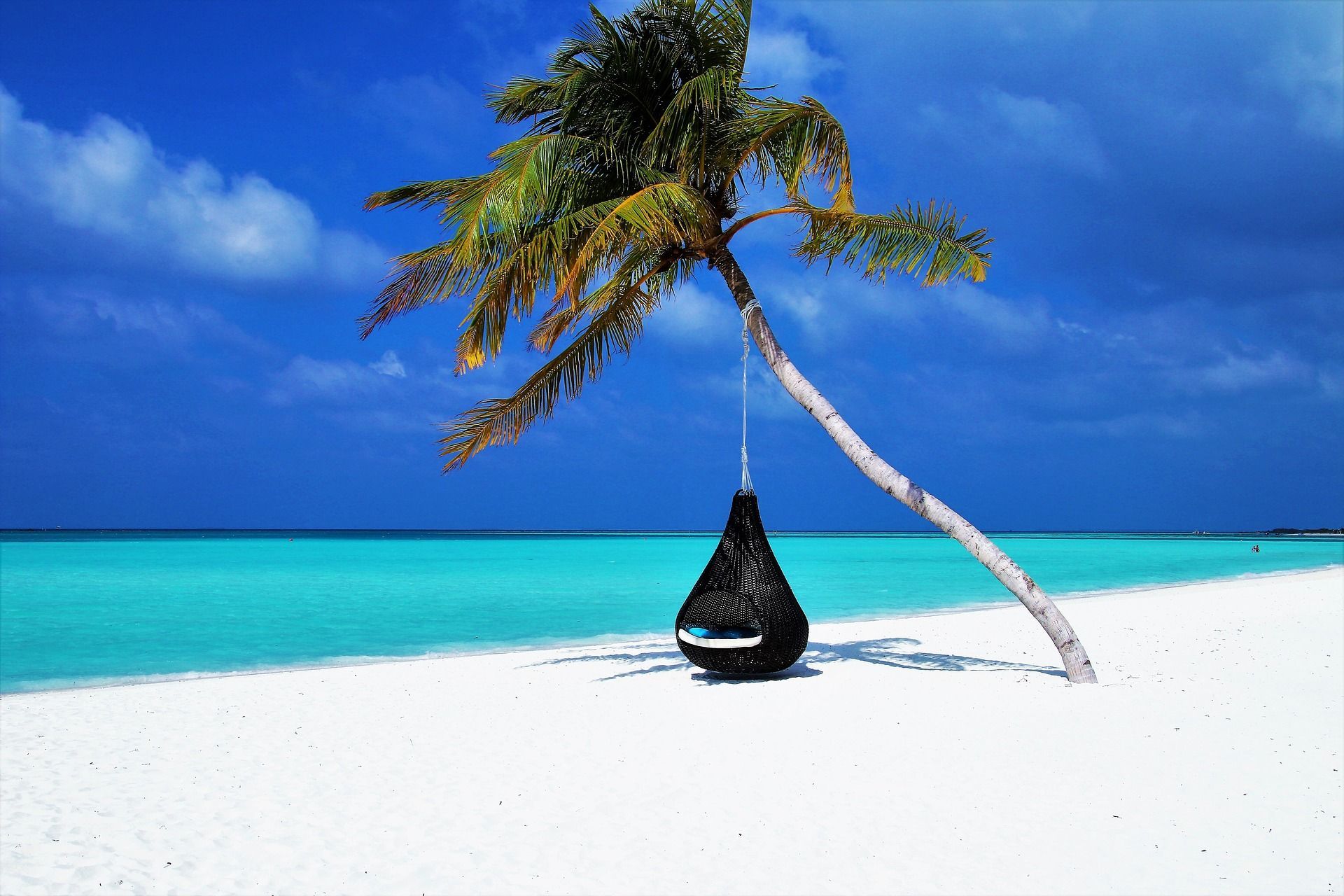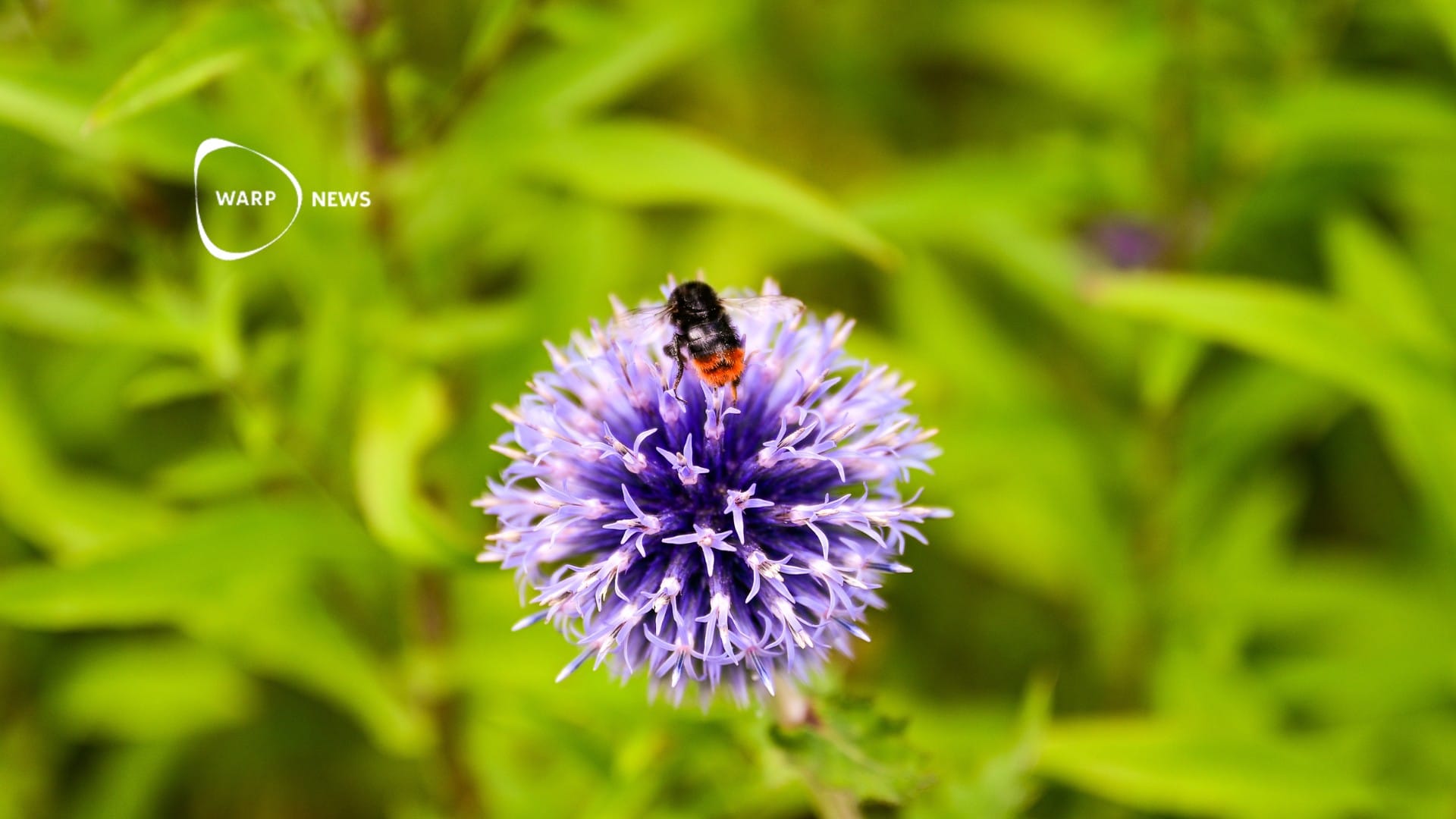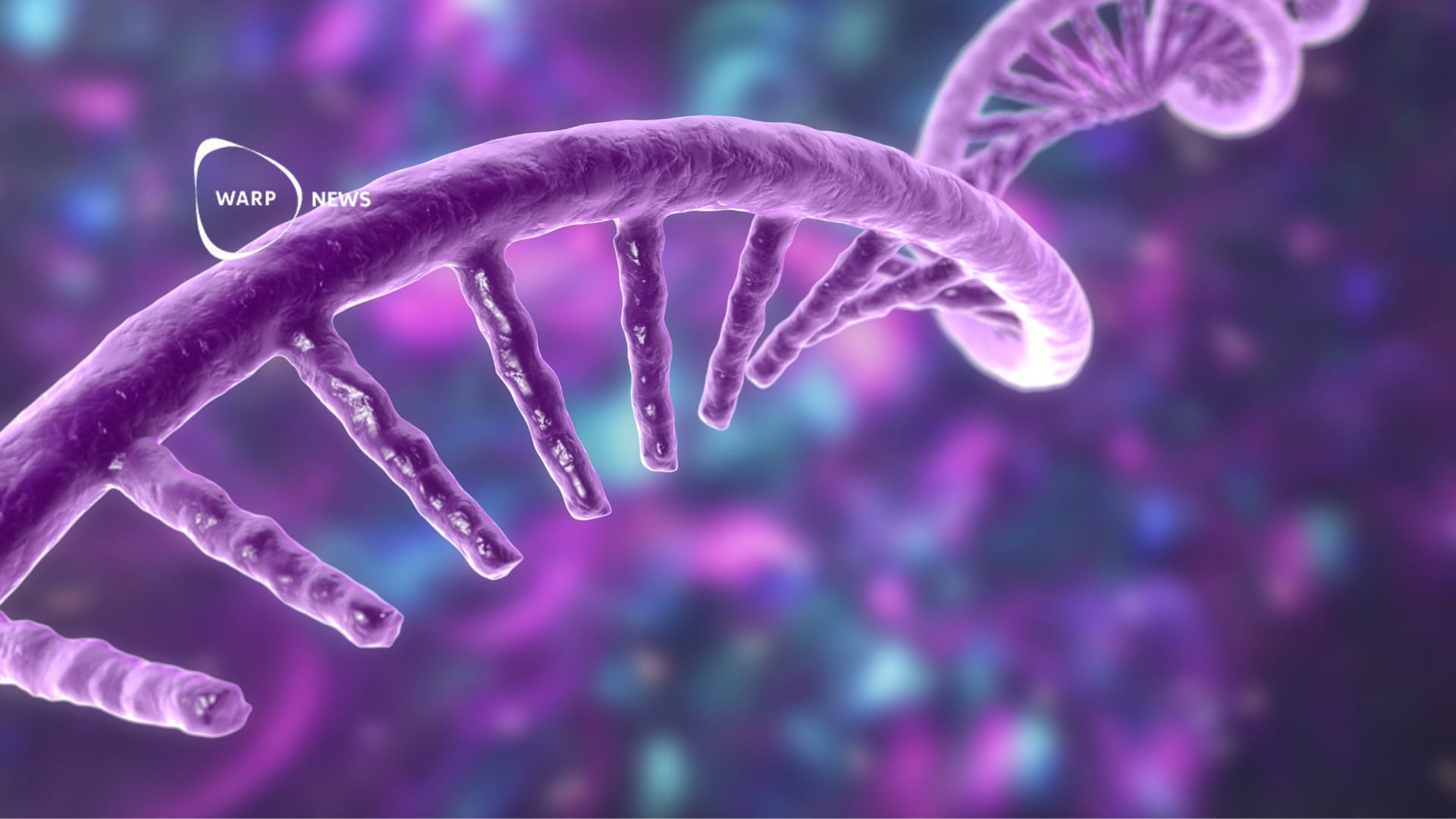
🐠 Ecuador creates new marine reserve
Ecuador creates a new marine reserve north of the Galágos archipelago, called Hermandad. The reserve serves to protect sea turtles, sharks and other species who migrate.
Share this story!
The Galápagos Islands are home to many lush and diverse ecosystems. Ecuador has decided to create a far-reached marine reserve north of the archipelago to protect and preserve them. This new reserve is called Hermandad (which means brotherhood in Spanish), and it forms a Pacific corridor and stretches as far as the Cocos Islands National Park in Costa Rica does. The main focus of the reserve is to protect migratory species like sea turtles and sharks.
“The Ecuadorian government announced its decision to create the new reserve at COP26 in Glasgow in order to focus the eyes of the world on the need to protect our oceans,” Ecuador’s Ministry of the Environment, Water and Ecological Transition said in a statement emailed to EcoWatch. “However, technically the proposal had been worked on for several years based on scientific confirmation of an underwater mountain range that threatened migratory species use in their route, also known as the migravía, between the Galápagos and Cocos Island.”
EcoWatch reports that the area is more than 20 000 square miles and adds to the already existing 50 200 square mile Galápagos Marine Reserve which has been under protection since 1998. The Galápagos archipelago counts as a Natural World Heritage Site and hosts over 2 900 marine species.
“The new Hermandad Marine Reserve is a biological corridor for more than 20 migratory species that face different levels of threat, such as sharks, sea turtles, manta rays, etc.,” Ecuador’s Ministry of the Environment, Water and Ecological Transition said in the statement to EcoWatch. “They are species that travel between the two protected areas: the Galápagos and Cocos Island (Costa Rica). They head through this space following the underwater mountain range that provides them with food. Some Galápagos species have been found in this area, such as sea lions, albatrosses and Galápagos sharks that leave the archipelago to feed.”
Ecuador's President Guillermo Lasso describes the new reserve as a "new relationship with the Earth, a new understanding of what constitutes progress for humanity."
Now, there are plans from the governments in both Panama and Colombia to expand the protected areas near and around the Galápagos Islands. This will eventually create an international marine biosphere reserve.

By becoming a premium supporter, you help in the creation and sharing of fact-based optimistic news all over the world.



